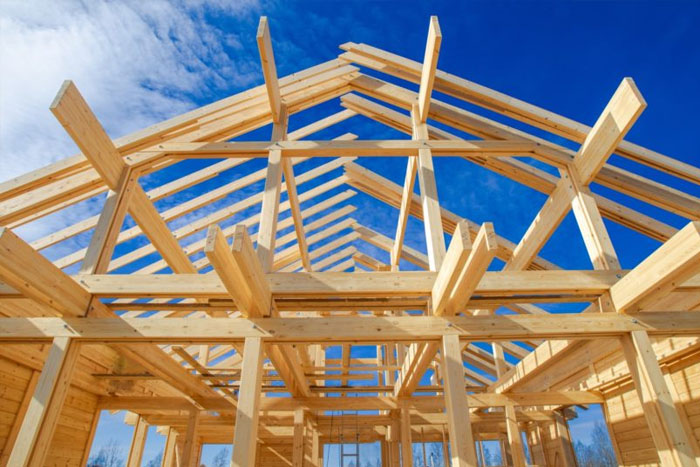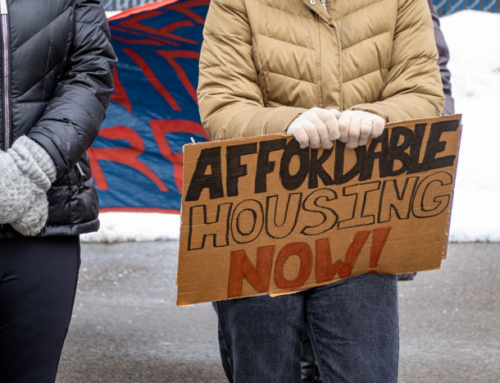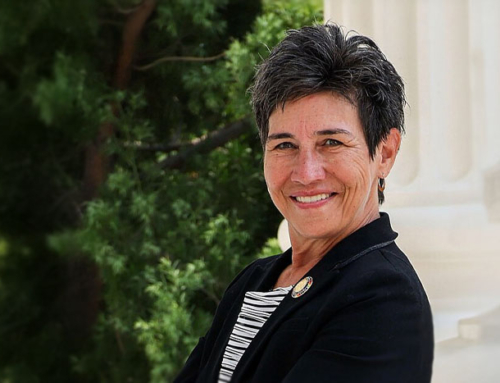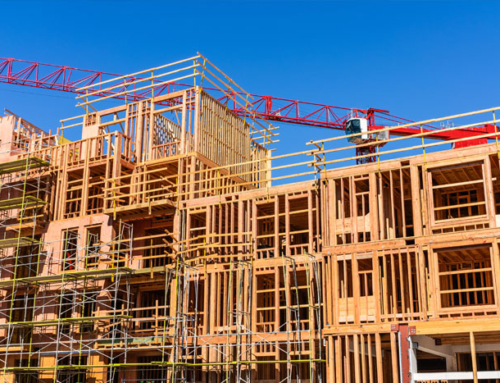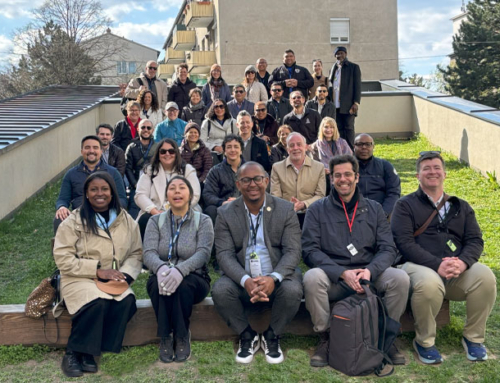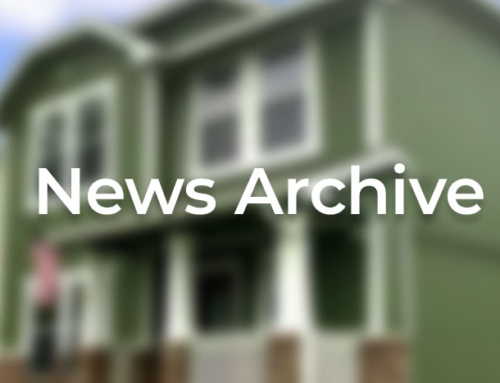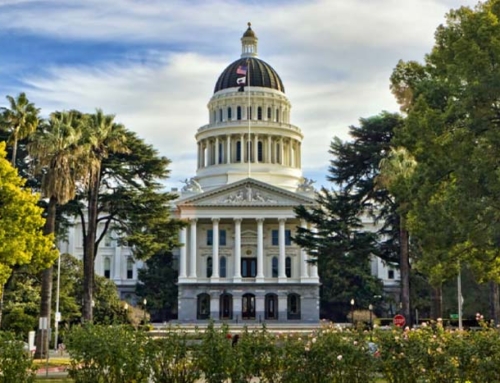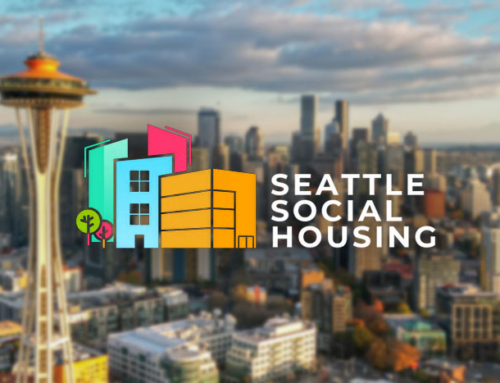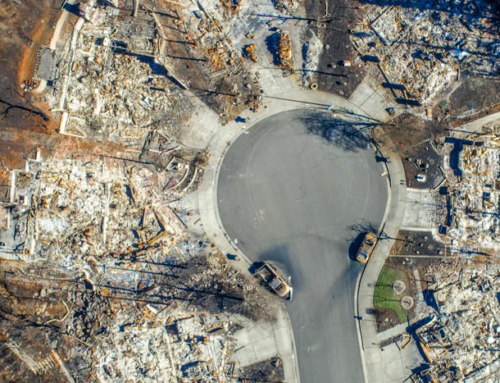The 2024 legislative session ended at the end of August when the legislature passed more than 70 bills attempting to alleviate the housing crisis in California. The Governor had until September 30th to take all final actions and signed numerous housing production bills, all aimed to spur development against the backdrop of reduced state-level funding for housing.
Key themes for this year’s housing production legislation included reducing development fees and extending permits; increasing transparency, accountability, and the state’s ability to enhance enforcement measures against local jurisdictions that continue to defy state housing production laws; conversions, maximizing density, and streamlining housing project approvals; continued refinement of the CEQA review process; and housing finance – primarily enabling localities to develop financing mechanisms.
The tension between labor and housing surfaced with three bills that considered increasing the “labor standards” for housing. AB 3190 (Haney, D-San Francisco) requires affordable housing developers who make use of state tax credits to pay prevailing wages; this bill was tied to AB 3160 (Gabriel, D-Encino), which would have guaranteed $500M annually for affordable housing construction. AB 3068 (Haney, D-San Francisco) would have required market-rate units in projects utilizing a streamlining tool for adaptive reuse of vacant office buildings to pay prevailing wages and comply with specific apprenticeship and workforce requirements. The Home Building Alliance took action with like-minded partners at the end of the session, resulting in the Governor vetoing AB 3068. In an extraordinary twist of events, the Governor also vetoed AB 3160 on the same day he signed AB 3190, which voided his signature on AB 3190.
The Governor noted the following in his veto message:
“While the provisions of this bill will not be going into effect given the veto of Assembly Bill 3160, I want to be clear that I generally share in the goals of this measure, and I am committed to building on the progress we have made as a state to address our housing shortage while also supporting good jobs and wages for those who make this progress possible.”
The following housing production-related bills were signed by the Governor:
Development Fees and Permit Extensions
- AB 1820 (Schiavo, D-Santa Clarita Valley) allows project applicants to get a fee or exaction “estimate” from a local agency within 30 days of submitting a preliminary application.
- AB 2117 (Patterson, R-Rocklin) extends the expiration date imposed on a project approval while litigation regarding the approval is pending.
- AB 2430 (Alvarez, D-Chula Vista) prohibits a city or county from charging a monitoring fee on a 100% affordable housing development under the state’s Density Bonus Law (DBL) if the development is subject to a regulatory monitoring agreement with California HCD, the California Housing Finance Agency (CalHFA), or the California Tax Credit Allocation Committee (TCAC).
- AB 2729 (Patterson, R-Rocklin) extends the life of qualified residential land use entitlements for 18 months.
- SB 937 (Wiener, D-San Francisco) expands the types of fees for which impact fee payments must be delayed until certificate of occupancy for affordable housing projects is issued.
Transparency, Accountability, and Enforcement
- AB 1868 (Friedman, D-Burbank) assessors would be required to rebuttably presume that a property’s value does not include specified contracts that ensure compliance with the affordability provisions of a Habitat for Humanity built and financed property.
- AB 1886 (Alvarez, D-Chula Vista) prohibits local governments from self-certifying their housing element and freezes the status of a local government’s compliance with housing element law at the time a Builder’s Remedy project application is submitted.
- AB 1893 (Wicks, D-Oakland) amends the Housing Accountability Act (HAA) to revise the standards a housing development project must meet to qualify for the “Builder’s Remedy,” which authorizes projects to bypass local development standards in jurisdictions that fail to adopt a substantially compliant housing element. This bill also expands the scope of actions that constitute disapproval of a housing development project by a local government for the purposes of the HAA. Prohibits delaying the processing of a Builder’s Remedy project application and reduces the amount of affordable housing required for these projects while enhancing the feasibility limits on conditions of approval.
- AB 2023 (Quirk-Silva, D-La Palma) creates a rebuttable presumption of invalidity in any legal action challenging a local government’s action or failure to act if the HCD finds that the action or failure to act does not substantially comply with the local government’s adopted housing element or housing element obligations, among other changes.
- AB 2553 (Friedman, D-Burbank) revises the definition of “major transit stop” to expand the frequency of major bus route service intervals. It also allows more housing projects to qualify for CEQA exemptions available for infill sites and transit priority projects within one-half mile of a major transit stop.
- AB 2663 (Grayson, D-Concord) requires local agencies that collect inclusionary housing in-lieu fees to have a website to post specified information about the amount of fees collected and how they were spent.
- AB 3093 (Ward, D-San Diego) creates two new income categories, Acutely Low Income (ALI) and Extremely Low Income (ELI), in the Regional Housing Needs Allocation (RHNA) process and throughout housing element law.
- SB 7 (Blakespear, D-Encinitas) makes a number of technical changes to the regional housing needs determination process conducted by the Department of Housing and Community Development (HCD) and the RHNA process conducted by HCD or Councils of Governments (COGs).
- SB 450 (Atkins, D-San Diego) “SB 9 clean-up.” Prohibits jurisdictions from creating objective zoning, subdivision, or design standards that are not applied to the underlying single-family zoning. Sets specific timeframes for application action s and clarifies the authority of the State to hold ALL cities accountable.
- SB 768 (Caballero, D-Merced) requires HCD to study various aspects of VMT implementation and its impacts on housing projects.
- SB 1037 (Wiener, D-San Francisco) imposes $50,000 per month fines on recalcitrant jurisdictions that do not comply with housing element laws. It also imposes a moratorium on some projects while requiring the approval of others.
Conversions, Maximizing Density, and Streamlining Housing Project Approvals
- AB 2243 (Wicks, D-Oakland) expands the types of projects that are eligible to use the CEQA exemption provided in AB 2011.
- AB 3122 (Kalra, D-San Jose) revises certain aspects of the streamlined ministerial process established by SB 423 (Wiener), Chapter 778, Statutes of 2023, including the threshold at which a local government can apply recently adopted objective planning standards when a development approved pursuant to SB 423 is modified post-entitlement.
- SB 1077 (Blakespear, D-Encinitas) aims to harmonize coastal permitting requirements with state ADU law to make it easier to apply for and receive ADU permits. Directs the Coastal Commission to work in coordination with HCD to develop guidance for local governments to harmonize their ADU ordinances with their Local Coastal Programs (LCPs).
- SB 1123 (Caballero, D-Merced) updates SB 684 (2023) to make it legal to build up to 10 homes on vacant lots in single-family zones near jobs, schools, transit, and other amenities by streamlining the approval process for these projects.
- SB 1211 (Skinner, D-Oakland) allows more detached ADUs on properties with multifamily housing. The number of detached ADUs allowed to be built on properties with apartments, condos, or townhouses with just a ministerial permit would also quadruple from 2 to 8. If a multifamily property owner decides to replace a carport or driveway with an ADU, they would not be required to replace that parking.
CEQA Review
- AB 1413 (Ting, D-San Francisco) “AB 1633 clean-up.” Establishes timeframes in the HAA for local agencies to consider objections, comments, and evidence to determine whether an HAA-protected housing development project is exempt from CEQA.
- AB 2199 (Berman, D-Palo Alto) extends, until January 1, 2032, the sunset on an existing CEQA exemption for multi-family residential and mixed-use housing projects on infill sites in unincorporated areas and makes alterations to the exemption.
- SB 393 (Glazer, D-Orinda) shifts the burden of proof to the affordable housing project opponent to prove that payment of a litigation bond would be an undue economic hardship to the plaintiff and require the developer to show that the plaintiff’s case is without merit.
- SB 1395 (Becker, D-Menlo Park) extends and expands existing California Environmental Quality Act (CEQA) exemptions for projects related to homeless shelters, extends the sunset date for the Shelter Crisis Act (SCA) by ten years, and permanently extends the streamlined, ministerial (by-right) approval process for Low-Barrier Navigation Centers (LBNCs), among other changes.
Housing Finance
- AB 2488 (Ting, D-San Francisco) allows the City and County of San Francisco to create a Downtown Revitalization and Economic Recovery Financing District to finance commercial-to-residential conversion projects using incremental property tax revenues.
- SB 440 (Skinner, D-Oakland) this bill authorizes two or more local governments to establish a regional housing authority for purposes of raising, administering, and allocating funding and provide technical assistance at a regional level for affordable housing development.
Notable Bills Vetoed by the Governor
- AB 2182 (Haney, D-San Francisco) requires property owners to allow labor union representatives on a public works jobsite.
- AB 3160 (Gabriel, D-Encino) provides that an additional allocation of $500 million to the Low-Income Housing Tax Credit (LIHTC) is not subject to an appropriation in the annual Budget Act for calendar years 2026 through 2030. AB 3190 (Haney, D-San Francisco), which would have required the payment of prevailing wages on affordable housing projects that receive tax credit financing, was signed but will not go into effect as it was tied to the vetoed AB 3160.
- SB 571 (Allen, D-El Segundo) requires OPR to produce a study of evacuation planning issues for a variety of natural hazards
After the November 5th election, legislators will return to Sacramento in early December for the swearing-in ceremony and the beginning of a new 2025-2026 Legislative Session.
© LeSar Holdings/LeSar Development Consultants. All Rights Reserved. Please be advised that any republishing of copyrighted material provided by our organization, in whole or in part, requires prior written authorization. For permission, please reach out to [email protected]. We appreciate your understanding and compliance in upholding copyright laws.

